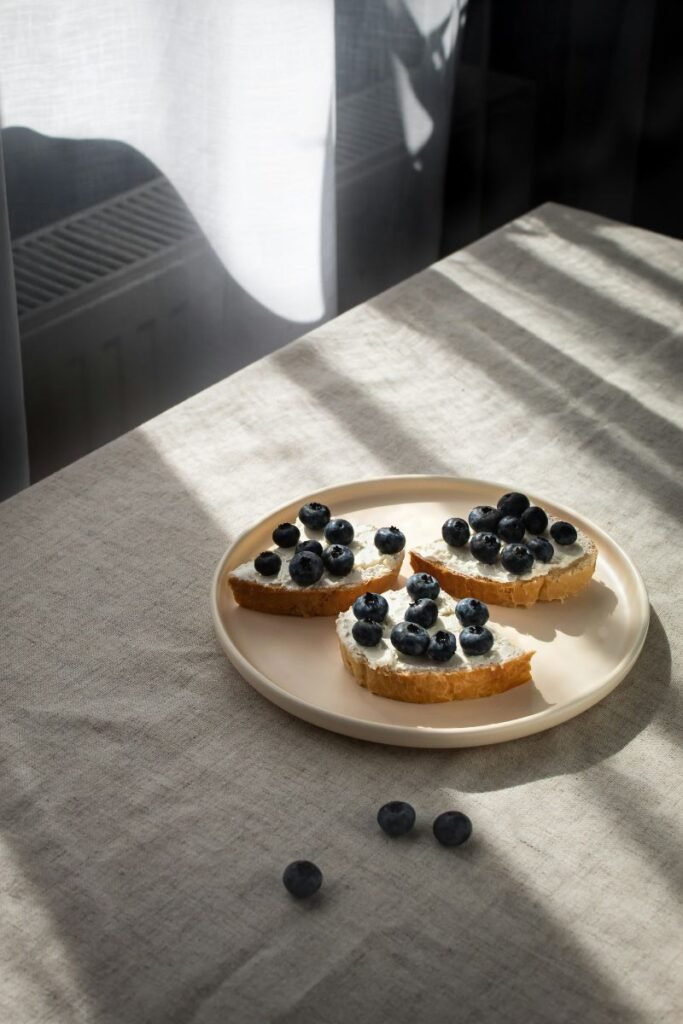Simple Living: Tips for a Minimalist Lifestyle
Are you feeling overwhelmed by the constant hustle and bustle of modern life? Do you find yourself constantly chasing after more possessions, more money, and more success? If so, you’re not alone. Many people today are feeling burnt out and unfulfilled despite their material wealth and achievements. That’s where the concept of simple living comes in.
Simple living is a lifestyle that emphasizes living with less, in order to focus on what truly matters in life. It’s about cutting out the excess and embracing a more mindful, intentional way of living. This can mean different things for different people, but some common practices of simple living include reducing the number of possessions you own, spending less money, and depending less on technology and services.
There are many benefits to embracing a simpler way of life. For starters, it can help reduce stress and increase overall happiness and well-being. It can also help you save money, reduce your environmental impact, and improve your relationships with others. So if you’re feeling overwhelmed by the demands of modern life, consider exploring the world of simple living and see how it can help you live a more fulfilling, intentional life.
Philosophy of Simple Living

Living a simple life is all about embracing a minimalist lifestyle that emphasizes the importance of mindfulness, contentment, and decluttering. By adopting a philosophy of simple living, you can achieve a more fulfilling life by focusing on what truly matters and letting go of the things that are holding you back. In this section, we’ll explore two key aspects of the philosophy of simple living: mindfulness and contentment, and minimalism and decluttering.
Mindfulness and Contentment
At the heart of the philosophy of simple living is the idea of mindfulness and contentment. Mindfulness means being present in the moment and fully engaged in your life. It means taking the time to appreciate the simple things and finding joy in the little moments. Contentment means being happy with what you have and not constantly seeking more. It means finding satisfaction in the present moment and not always looking to the future.
To cultivate mindfulness and contentment, it’s important to slow down and take the time to appreciate the world around you. This could mean taking a walk in nature, spending time with loved ones, or simply sitting quietly and meditating. By being present and grateful for what you have, you can find peace and happiness in your life.
Minimalism and Decluttering
Another key aspect of the philosophy of simple living is minimalism and decluttering. Minimalism is the idea of living with less and focusing on the things that truly matter. It means letting go of excess possessions and only keeping the things that bring you joy and serve a purpose. Decluttering is the process of getting rid of the things that are no longer serving you and creating space for the things that do.
To embrace minimalism and decluttering, it’s important to assess your possessions and determine what is truly necessary and what is not. This could mean donating clothes you no longer wear, selling items you no longer need, or simply letting go of things that are weighing you down. By simplifying your life and focusing on what truly matters, you can free up time and energy to pursue your passions and live a more fulfilling life.
In conclusion, the philosophy of simple living is all about embracing mindfulness, contentment, minimalism, and decluttering. By focusing on these key aspects of the simple life, you can achieve a more fulfilling life and find true happiness and peace.
Practical Steps to Simplify Your Life

Living a simple life can be challenging, especially in today’s fast-paced world. However, simplifying your life can lead to less stress, more time, and a greater sense of contentment. Here are some practical steps you can take to simplify your life today:
Reducing Possessions
One of the most effective ways to simplify your life is to reduce the number of possessions you have. This doesn’t necessarily mean you have to become a minimalist, but rather, you can start by decluttering your home and getting rid of things you no longer need or use. Consider donating or selling items that are in good condition but no longer serve a purpose in your life. By reducing your possessions, you’ll have less to clean, organize, and maintain, which can free up more time for the things that matter most.
Sustainable Living Choices
Another way to simplify your life is to make sustainable living choices. This can include reducing your carbon footprint, buying locally sourced and organic food, and using eco-friendly products. By making these choices, you can simplify your life while also contributing to a healthier planet. For example, you can reduce your energy consumption by turning off lights and unplugging electronics when not in use. You can also simplify meal planning and preparation by cooking with fresh, local ingredients.
Time Management and Prioritization
Finally, simplifying your life can also involve better time management and prioritization. This can include setting realistic goals, learning to say no to commitments that don’t align with your values, and delegating tasks when possible. By prioritizing your time and energy, you can focus on what’s most important to you and simplify your life in the process. Consider using a planner or calendar to keep track of your schedule and to-do list, and be sure to schedule in time for self-care and relaxation.
Incorporating these practical steps into your life can help you simplify your life and reduce stress. Remember, simplifying your life is a process, so be patient with yourself and celebrate small victories along the way.
Challenges and Solutions

Living a simple life can be challenging, especially in a world that puts so much emphasis on material possessions and consumerism. However, with the right mindset and a few strategies, you can overcome these challenges and enjoy the benefits of a simpler lifestyle.
Social Pressure and Expectations
One of the biggest challenges of simple living is dealing with social pressure and expectations. You may feel pressure from family, friends, or society in general to conform to certain standards of living, such as owning a big house, driving a fancy car, or wearing the latest fashion trends.
To overcome this challenge, it’s important to remember that your happiness and well-being are more important than other people’s opinions. Focus on what truly matters to you and don’t be afraid to go against the norm. Surround yourself with like-minded people who support your choices and inspire you to live a simpler, more fulfilling life.
Overcoming the Consumerist Mindset
Another challenge of simple living is overcoming the consumerist mindset that is so prevalent in our culture. We are bombarded with advertisements and messages that tell us we need more stuff to be happy, successful, or fulfilled.
To break free from this mindset, start by questioning your own values and priorities. What really matters to you in life? Is it material possessions, or is it experiences, relationships, and personal growth? Once you have a clear understanding of your values, you can start making intentional choices that align with them.
Some strategies for overcoming the consumerist mindset include:
- Practicing gratitude for what you already have
- Avoiding impulse purchases and taking time to consider your needs vs. wants
- Embracing minimalism and decluttering your home and life
- Investing in experiences rather than things
Remember, simple living is not about depriving yourself of pleasure or comfort. It’s about finding joy and fulfillment in the things that truly matter, and letting go of the rest.






